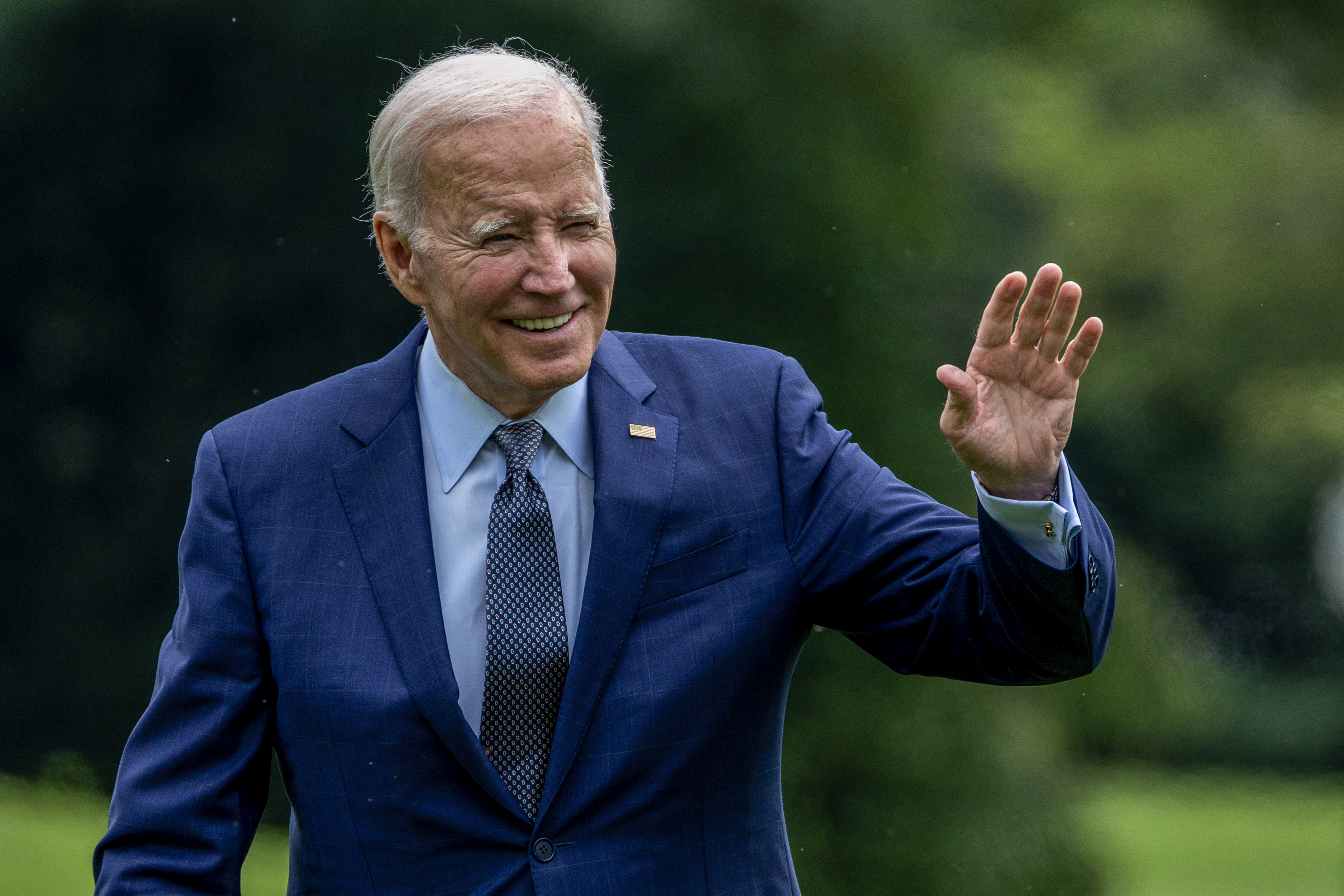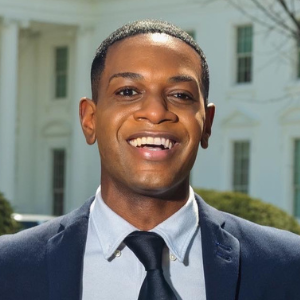In his presidential proclamation, President Joe Biden acknowledged the history of voting for Black Americans, who were “denied full citizenship and voting rights up until 1965.”
Tuesday marks National Voter Registration Day, an annual nonpartisan civic holiday intended to promote awareness about how U.S. citizens can register to vote and, more broadly, promote democracy.
The civic holiday, celebrated every September, was first observed in 2012 by nearly 2,000 organizations. Volunteers hit the streets nationwide to educate Americans about the importance of exercising their civic rights and registering new voters.
More than a decade later, National Voter Registration Day has been endorsed by national associations and the federal government. According to National Voter Registration Day’s official website, more than 5 million voters have been registered to vote on the holiday since 2012.
Expanding the number of registered voters and encouraging them to participate in elections is at the core of the civic holiday. Though voting soared in the 2020 presidential election, U.S. Census data shows that about one in four eligible Americans are not registered to vote.
Black Americans exhibit higher turnout rates than Latino and Asian voters and were projected to reach nearly 33 million registered voters ahead of last year’s midterm elections.
Former U.S. first lady Michelle Obama kicked off National Voter Registration Day with a video message from her nonprofit When We All Vote.
Joined by NBA player Chris Paul and other celebrities, Obama urged Americans to check their voter registration status, text three friends or family members and ask them to check their registration status, and get involved and volunteer with When We All Vote to help get your community registered and ready to vote.
In his presidential proclamation observing National Voter Registration Day, President Joe Biden acknowledged the history of voting for Black Americans, who were “denied full citizenship and voting rights up until 1965.”

“Time and again, Americans have fought against great opposition — they have marched, protested, and even died for the right to vote,” Biden said.
Despite progress and gains for Blacks and all Americans to exercise their civil right to vote, the president said, “The voting rights of so many hang in the balance.” Biden called out the Supreme Court’s weakening of the Voting Rights Act and states that have “enacted dozens of anti-voting laws.”
The president also called the Jan. 6, 2021, insurrection “one of the darkest moments of our nation’s history” that saw “the violent and deadly insurrection at the Capitol perpetrated by election deniers.”
He added, “It is clear that the fight to preserve our democratic values and norms is not over. Just as generations of Americans past rose to the occasion, protecting and securing the right to vote, we must answer the call to fight for our democracy today.”
While on her national college tour on Tuesday at Reading Area Community College in Pennsylvania, Vice President Kamala Harris also recognized National Voter Registration Day, urging the campus’ young people to “use the celebration of today as a way to get registered.”
Harris also dispelled the notion that young people don’t value the power of the vote.
“We had record turnout in 2020 of young voters because they understood…that of the many ways you can make a difference in our country, one of the tools that you have is voting,” said the vice president.

Despite the progress made to expand voter registration, barriers remain for all voters having the opportunity to cast their ballots.
Demos, a research think tank committed to racial justice, released a new report that showed that many states continue to purge voters from registration rolls. Between the close of registration for the 2020 and 2022 general elections, Demos reported states purged more than 19 million voters.
While purging voters is necessary when someone has died to move to another jurisdiction, Demos found that more than 25% of such purges were for voters who were deemed inactive, failed to respond to a confirmation notice, or didn’t vote in the last two general elections.
“Every examined state must improve its laws and practices to guard against improper voter registration purges,” said the report. “Further, based on our analysis…we suspect the issues documented within this report are widespread and must be examined and addressed in states nationwide.”
For more information on how to register to vote or to check your registration status, visit Vote.Gov.

Gerren Keith Gaynor is a White House Correspondent and the Managing Editor of Politics at theGrio. He is based in Washington, D.C.
TheGrio is FREE on your TV via Apple TV, Amazon Fire, Roku, and Android TV. Please download theGrio mobile apps today!
The post What Black Americans should know about National Voter Registration Day appeared first on TheGrio.



New Comments